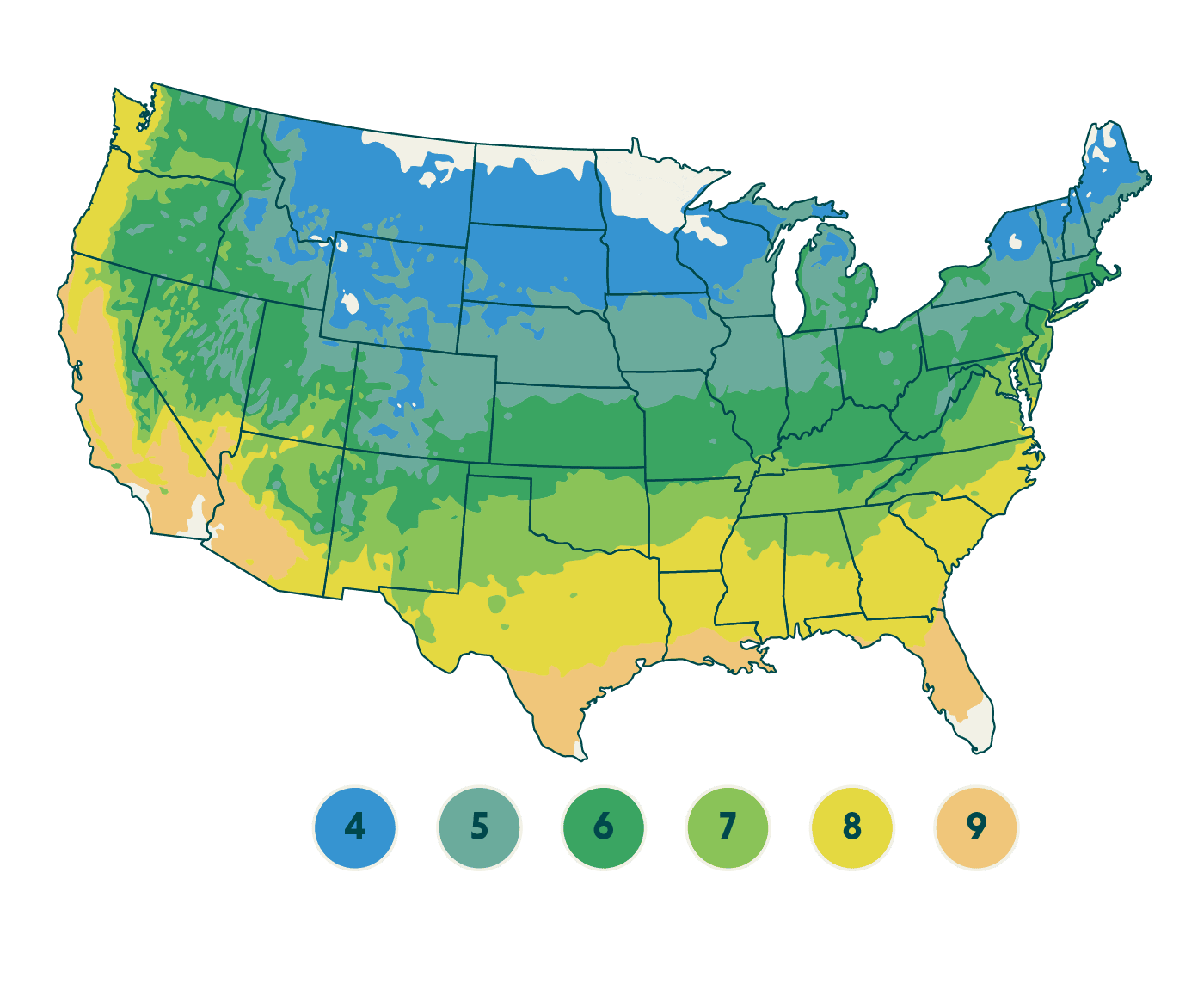Hydrangea serrata x macrophylla 'SMNHSI'
Hydrangea - Let's Dance Can Do!®
2023 Proven Winners Flowering Shrub of the Year winner.
Not your typical reblooming hydrangea!
Let's Dance Can Do!hydrangea (H. macrophylla × serrata) is an excellent rebloomer, requiring only a short period of vegetative growth in order to create new wood blooms. However, it has another trick up its sleeve: it sets its flower buds along the entire length of the stem, not merely at the tips. This means that if this hydrangea is cut back, or damaged by cold temperatures, those lower old wood buds will still develop into flowers. It's a huge leap forward in achieving success with hydrangeas for landscapers, home gardeners, growers, and retailers alike. Abundant, semi-double, star-like florets make the lacecap flowers very showy.
Our plants come with extra large and fibrous root systems, ready to plant and flourish!
Key Plant Details
Planting Zones:
4, 5, 6, 7, 8, 9
Soil Type:
Clay, Sandy, Loamy
Light Requirement:
Part Sun, Sun
Moisture:
Average
Plant Characteristics
Mature Size:
3-4 feet in height, 3-4 foot spread
Annual Growth Rate:
Moderate
Flower Color:
Pink, Purple
Bloom Time:
Fall, Summer
Reblooming:
Yes
Shop By Use:
Attracts Pollinators
Care Tips
Care Tips - Growing:
Mountain hydrangeas are from the same area of Japan as bigleaf hydrangeas but grow in the mountains instead of the seaside. As a result, they have naturally developed better cold tolerance and thus make an outstanding choice for gardens in USDA zones 5 and 6 especially.
Care Tips - Pruning:
Avoid pruning mountain hydrangeas, except to remove any dead wood. These hydrangeas cannot be cut back or trimmed at any time of the year without impacting the bloom for either the current season or the next. Though they do rebloom readily on new wood, the best display comes from treating them as though they bloom only old wood.
Care Tips - Soil:
Moist but well drained soils are best. Mountain hydrangeas are less susceptible to wilting than bigleaf hydrangeas, but cannot take soggy conditions for any period of time. Tolerant of a range of soil pH levels, however, soil pH will influence flower color.
Care Tips - Uses:
flower gardens, cottage gardens, and seaside plantings. They also make a showy addition to foundation plantings and can be used for low hedges or edging.
Zone Map
This plant will grow in these zones


